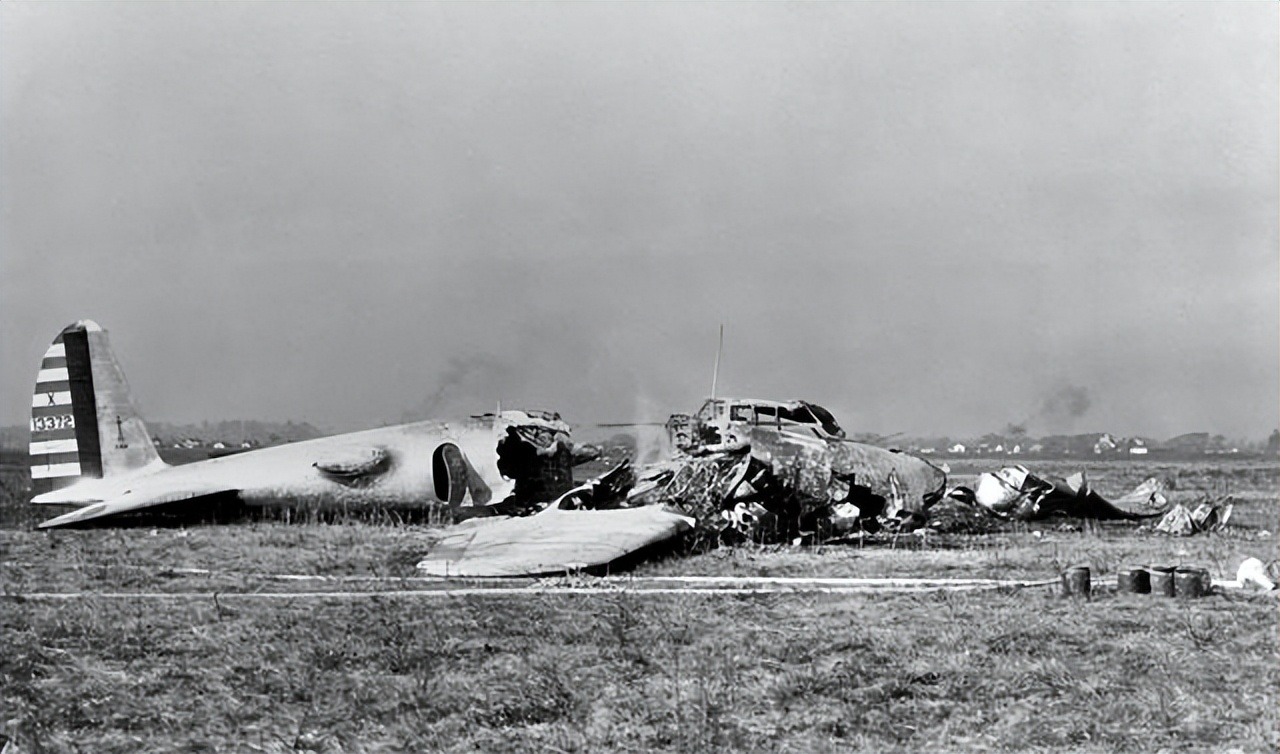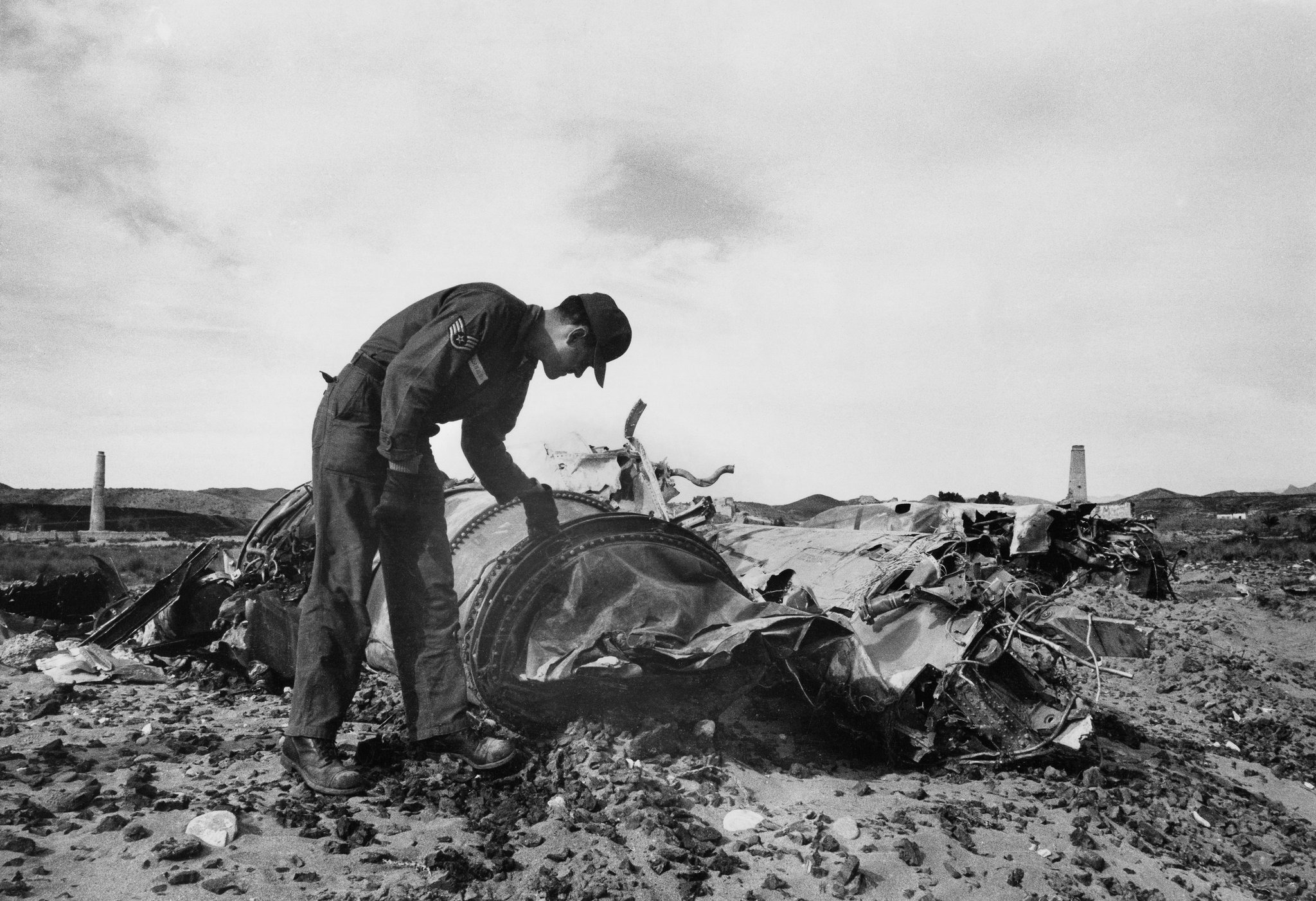Setsuko Shimomoto is preparing for a journey that holds deep personal significance. She will travel to a remote Pacific island where her father, Tobei Oguro, tragically perished in a little-known but significant event.
Oguro was among the crew members aboard a tuna fishing boat that was exposed to a U.S. hydrogen bomb test over the Bikini Atoll in the Marshall Islands in 1954, shortly after World War II.
Oguro’s exposure to the radiation fallout from the bomb test eventually led to his death from bile duct cancer 22 years ago, at the age of 78. This event, often referred to as the “Bikini Incident,” had far-reaching consequences for many Japanese fishermen and crew members, exposing them to radioactive fallout that had lasting health effects.

U.S Blokade (Credits; www.laitimes.com)
Shimomoto’s journey to the Marshall Islands is not only a personal pilgrimage but also a way to honor her father and the other victims of this tragic event.
She will participate in a ceremony in Majuro, the capital of the Marshall Islands, marking the 70th anniversary of the incident and paying tribute to those who lost their lives or suffered ill effects from the radiation exposure.
For Shimomoto, this trip is an opportunity to connect with her father’s past and to raise awareness about the ongoing impact of nuclear testing.
Despite the challenges she has faced in seeking recognition and compensation for her father’s suffering, she remains determined to ensure that the stories of the victims are not forgotten.
Through her journey and advocacy, Shimomoto hopes to contribute to a broader understanding of the consequences of nuclear testing and to advocate for peace and nuclear disarmament.
She believes that by sharing her father’s story and the stories of other “global hibakusha” affected by nuclear testing, she can help prevent such tragedies from happening again in the future.























